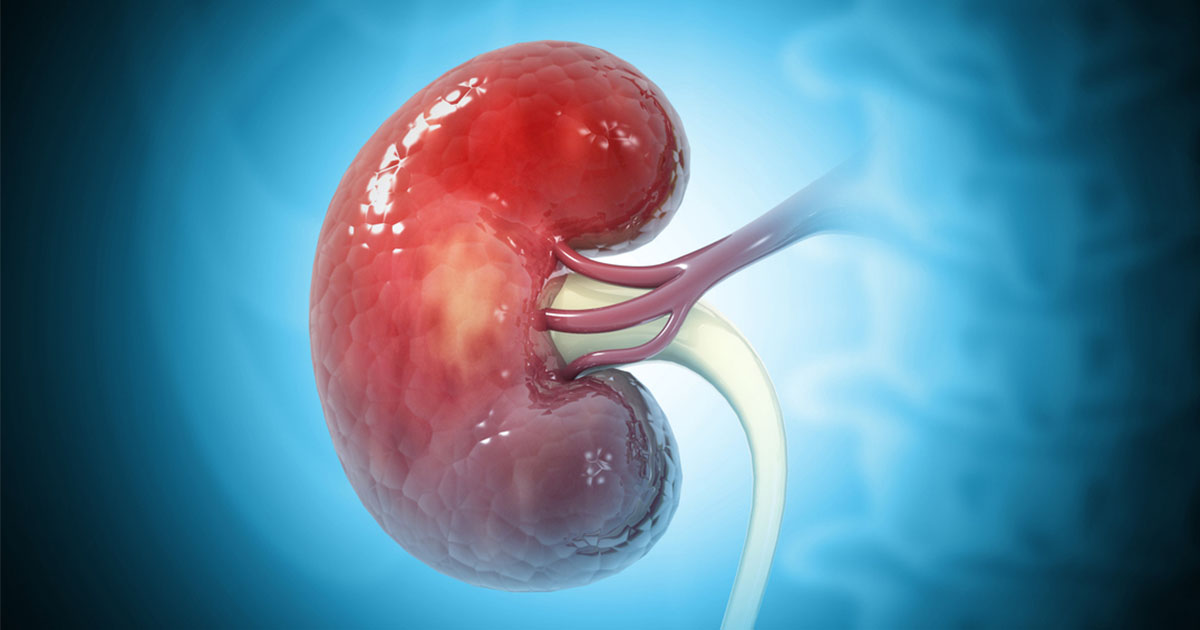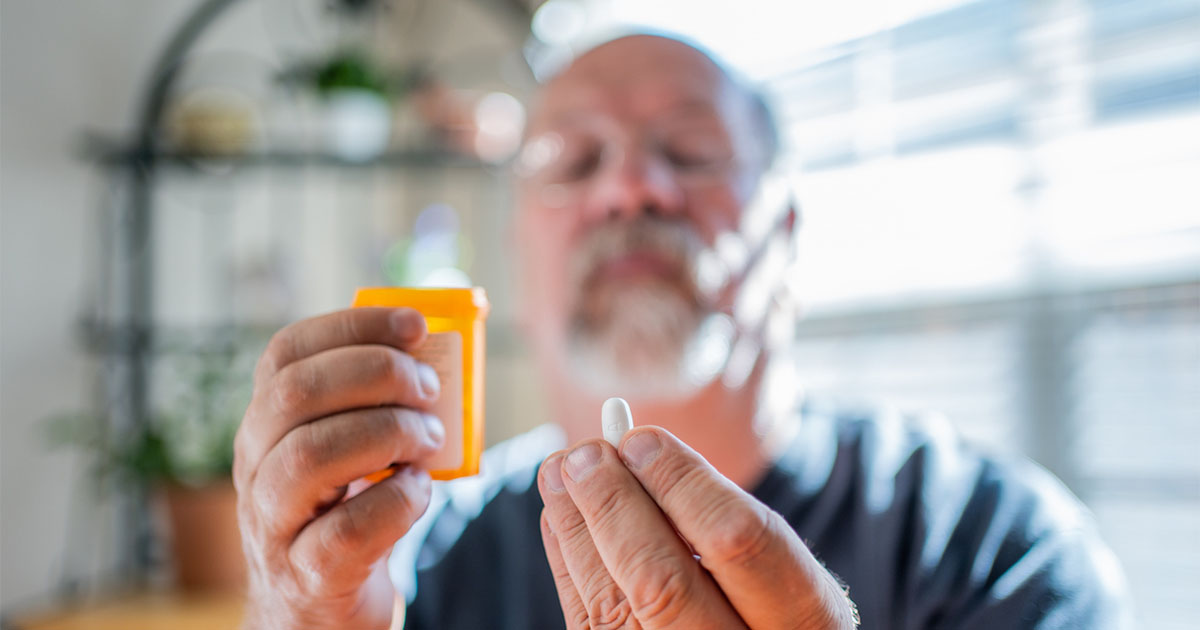Insulin pump therapy is still a relatively unusual therapy for people with diabetes, particularly those with type 2 diabetes. NICE guidelines have recommended this mode of insulin delivery to be offered to people with type 1 diabetes who are unable maintain good glycaemic control, despite using a multiple injection regimen with carbohydrate counting and all the multidisciplinary support that this entails. NICE also recommends that people using pumps should be managed in secondary care, and so it is seen as a specialist service with little input from primary care.
However, funding for insulin pumps and the on-going support for the annual cost for consumables is usually met by the patient’s Primary Care Trust. Pump therapy, therefore, relies on an informed partnership between the patient’s secondary care diabetes team and their PCT.
CSII therapy is expensive. Not only does the cost of the insulin pump itself need to be met, but the on-going cost of the consumables also has to be included in any costing predictions. The more supportive the PCT is to funding pump therapy, the larger the annual pump budget will need to grow. Birmingham East and North PCT currently supports 42 patients. With the cost of new and replacement pumps, and the annual consumables, our spending on pump therapy is approaching £100 000 per year. As pump therapy has to be paid for from a finite resource, and with each PCT having different priorities for the sharing out of that resource, it is perhaps not surprising that some diabetes teams find it difficult to access funding for their patients who require pumps.
Moira Harrison describes the method she has used to access funding for pumps by encouraging and supporting patients to write a simple business case to send to the PCT. As she says, providing appropriate information and predicting and dealing with any potential barriers to funding, should meet with success. However, supporting individuals to present their case can promote the impression that pump therapy is ‘special’. It can also be a slow process. As the Cardiff team note, the demand for pumps is likely to increase with the expected NICE review of pump therapy. Unless agreements between PCTs and pump initiators are made for providing funding, there could be more tension between secondary care diabetes teams and PCTs in the future over this issue, with potentially long delays for individuals, from being identified as suitable to eventually obtaining the funding.
The Cardiff team describes the way that their system ensures that individuals are identified appropriately; spend a period of time being adequately prepared; are supported by a multi-disciplinary team to get the most out of their new therapy; and recognise that if pump therapy does not show any benefits after 6 months, then the pump is withdrawn. This demonstrates careful use of limited resources. It is important to conduct an audit of the service to demonstrate effectiveness, and include the PCT in the feedback. However, an audit should not just be based on lowering HbA1c<.sub>. Many individuals benefit from using a pump by experiencing a reduction in severe hypoglycaemic events, and so the HbA1c may not show much change. It is essential to include quality of life information, such as a reduction in the number of severe hypoglycaemic events and hospital admissions when demonstrating the benefits of pumps to PCTs.
Part of the partnership between the diabetes team and the PCT should include the nomination of a pump contact in the PCT, to whom the diabetes team send requests for new pump funding. This can speed up what seems a bureaucratic process! An agreement about what is to be funded should be made clear too. With a finite pump fund, our PCT has recommended the funding of basic pumps, with additional top-ups for more expensive models by the patient, to allow more people to benefit from pump therapy. Negotiating with suppliers to deliver items in bulk is helpful too, to keep delivery charges to a minimum.
Pump therapy is increasing. Careful selection of individuals, adequately supporting them, and agreeing a realistic budget with PCTs, will be essential to ensure the patients who will gain great benefit from pumps, can access them without unacceptable delays and pleading letters.





Satish Durgam reviews who will be eligible to receive tirzpepatide for weight management and when.
24 Apr 2025